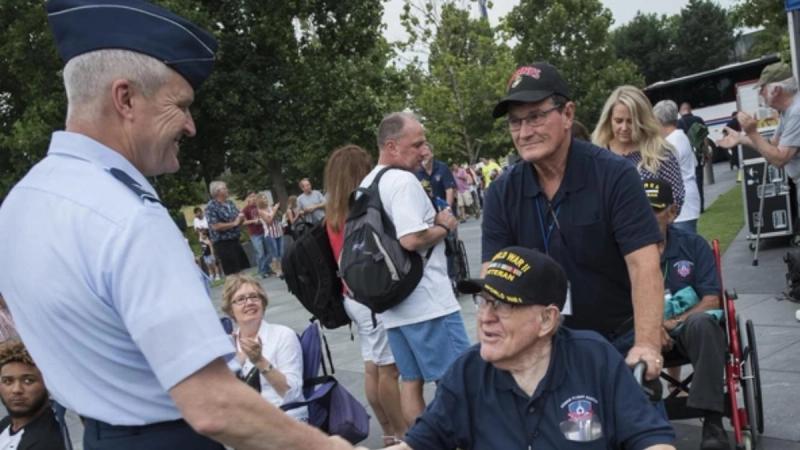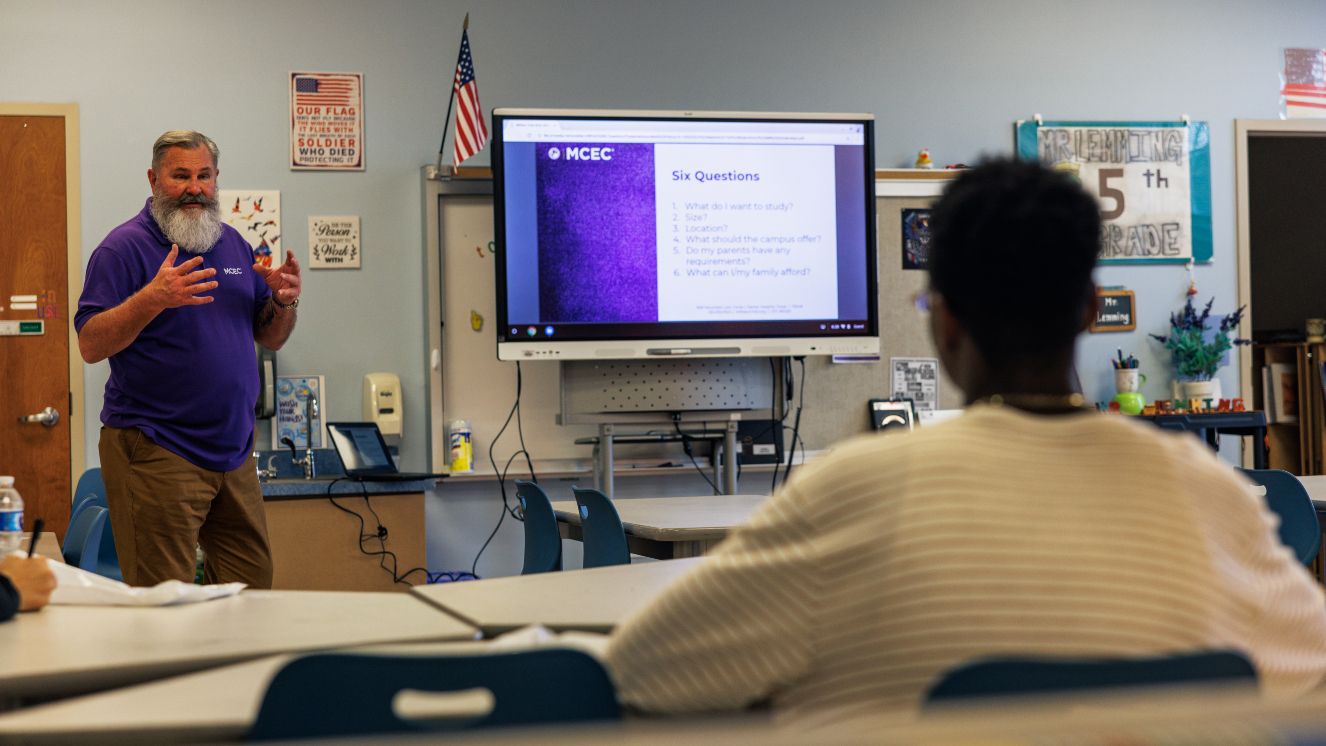PTSD MANAGEMENT: VETERANS COPING WITH FIREWORKS
COMMENT
SHARE

Every year during the Fourth of July and in the days surrounding New Year’s Eve, celebrations take place throughout many communities in the United States. These celebrations will consist of parades, parties, meals, etc., but the trademark commemoration remains fireworks. While fireworks displays are aesthetically pleasing for many, military Veterans who suffer from Post-Traumatic Stress Disorder (PTSD) may be triggered negatively by what is supposed to be an act of celebration. Let’s explore the correlation between PTSD and fireworks, how it affects Veterans, and the tools Vets can use to get through the celebrations.
Fireworks Impact on Veterans with PTSD
It’s a condition common for anyone who has experienced anything traumatic, such as combat in service—this is why PTSD and fireworks can be problematic within the Veteran community. Unfortunately, mental health conditions can worsen and be triggered by any person or thing that reminds one of the traumatic experiences.
Veterans suffering from PTSD have symptoms such as severe anxiety, frequent and uncontrollable thoughts, flashbacks, and nightmares. Disruptive noises and random flashes of light, like fireworks, can spark these symptoms. This is due to its reflections on what was seen and heard during war experiences.
In many cases, Veterans and fireworks aren’t a good combination. The unexpected explosion can resemble the sounds of gunfire and exploding bombs. This can be very frightening and lead to intense stress. The element of surprise when fireworks go off may be the most intimidating part to think about and deal with. Because displays are commonly conducted in public spaces, in most neighborhoods, this problem is consistent and often compounded by the stress brought on by large crowds.

The Effects of Fireworks on Veterans
Fireworks have a significant impact on Veterans with PTSD. Not only is there the possibility for acute stress reactions, but also a rapid heart rate, profuse sweating, and panic attacks. This can be disruptive to one’s day-to-day life and activities such as sleep. In addition, it can cause social isolation and one to feel a sense of helplessness, particularly notable issues during holidays for Veterans.
Veterans have experienced a variety of horrors that come with war but have also simply been conditioned to survive in battlefield conditions. This is why certain smells and sounds can trigger PTSD, including those emitted by fireworks. Understanding that these triggers exist is important for our society as a whole to help better accommodate Veterans while Vets can benefit by taking a look at potential triggers and how to overcome them.
Considering Veterans During the Holidays
Addressing the issue of fireworks and PTSD in Veterans requires a layered approach. Awareness is part of it but it’s also important to engage the community and create lasting support for those affected.
Generating awareness around PTSD and fireworks is essential. Educating the public on this issue can cause people to consider the price Veterans pay when fireworks go off. The ending outcome may be an alternative way to celebrate. Also, designating specific times and locations for fireworks to go off and providing a public schedule can help prepare Veterans.

Strategies for Veterans to Manage PTSD During Fireworks
It doesn’t matter if you’re celebrating the birth of our nation, ringing in the new year, or simply having a party, understanding how to cope with PTSD when fireworks will be present is important for the Veteran community.
Here are a few helpful tips that can help Veterans remain engaged in their celebrations without suffering from negative mental health effects:
- First and foremost, follow the medical advice of your doctors and therapists. This blog is meant to be a guide but cannot replace the guidance of healthcare professionals.
- Veterans should also understand that Veteran organizations and mental health services through counseling, therapy, and support groups are available to help.
- Fireworks take planning from organizers and you can often find out when they’re going off. This allows Veterans to plan accordingly.
- If needed, find a safe place to stay while the fireworks are going off, or you can use noise-canceling headphones to reduce the sound of the blasts.
- Grounding and breathing techniques to stay present and other forms of self-care will also help Veterans maintain their mental health.
- Enjoy events with fireworks but consider doing another activity when they may be going off to keep the celebration going without the risk of PTSD triggers.
Finally, whatever plan you consider for your celebration, run it by your healthcare team and communicate it with your family and friends to execute.
Understanding and addressing the effects of fireworks on Veterans with PTSD is vital to fostering a more inclusive and empathetic society.
Remember, if you experience PTSD caused by past experiences, the Department of Veteran Affairs and Veterans Crisis Line provides valuable assistance and can be reached by dialing 988, then pressing 1, texting 838255, or via chat online at VeteransCrisisLine.net/Chat.
Please don’t hesitate to seek help. It is important to get the support you need, whether you confide in a loved one or contact a professional.
PTSD and fireworks don’t always mix well but with the right tools and understanding, Veterans can enjoy the holidays, reduce stress, and maintain their mental health for the long term.
Sources:
- Fireworks PTSD and Other July 4th Risks Veterans Faces, Accessed December 2024. https://kindbridge.com/military-mental-health/fireworks-ptsd-veterans/
- PTSD: National Center for PTSD, Accessed December 2024. https://www.ptsd.va.gov/understand/what/fireworks_ptsd.asp
- PTSD and Fireworks: Fostering Understanding and Support for Veterans, Accessed December 2024. https://acuityinternational.com/blog/ptsd-and-fireworks/#:~:text=There%20are%20four%20types%20of,feel%20very%20real%20and%20scary.
Related reads:
Join the Conversation
BY BUDDY BLOUIN
Buddy Blouin is a Contributing Writer at VeteranLife.com
Buddy Blouin is a Contributing Writer at VeteranLife.com



